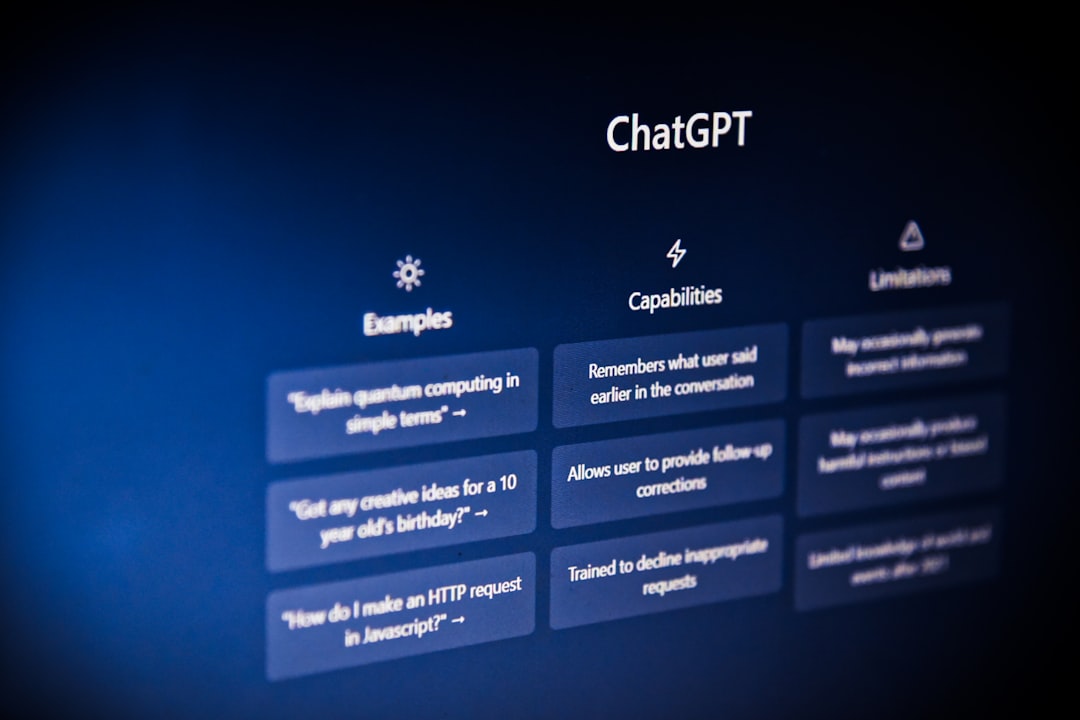In recent years, AI-driven writing tools have become increasingly popular for businesses, students, bloggers, and content creators. These sophisticated platforms offer speed, efficiency, and convenience in producing written material. While the advantages are clear, it is also important to consider the potential drawbacks of relying on an AI writer. Understanding these limitations helps users make informed decisions about when and how to use such technology in their workflow.
One of the most common concerns with AI-generated content is its lack of originality and creativity. AI models rely on data they’ve been trained on, which includes texts from books, articles, websites, and other internet sources. As a result, they may simply recycle or mimic existing ideas rather than offering genuinely new perspectives. For industries that rely on innovation or storytelling, this can lead to content that feels generic or uninspired.

Another significant issue is the inaccuracy of information. Though AI writers are trained on a wide range of information, they can still produce factually incorrect or outdated content. Since many AI models don’t have real-time access to current events or the ability to verify sources, there’s a risk of misleading readers. For example, legal, medical, or financial content generated by AI might contain inaccuracies that could result in serious consequences if taken at face value.
Context and tone sensitivity is another area where AI can struggle. While AI can mimic formal or informal tones based on user prompts, it might misinterpret subtle nuances in meaning or context, leading to awkward phrasing or unintended messages. This becomes especially problematic in professional communication or emotionally sensitive topics where tone plays a crucial role.

Furthermore, AI writers often cannot understand user intent as thoroughly as humans do. When given vague or conflicting instructions, they may generate content that is technically correct yet poorly aligned with the user’s actual goals. This can result in time-consuming revisions or entirely unusable drafts, negating the supposed time-saving benefits of using AI in the first place.
There is also the concern of dependency and skill degradation. Relying on AI writers might lead users to gradually lose their own writing competency. This is especially worrisome for students and novice writers who are still learning how to research, craft arguments, and develop writing style. Over time, the overuse of AI for these tasks might stifle creativity and critical thinking skills.
In addition, using AI writers raises ethical and legal questions around plagiarism and content ownership. Although AI tries to generate original text, it may inadvertently echo exact phrases or patterns from training data. Determining who owns the rights to AI-generated content can be complex, especially when the content creation process lacks transparency or originality.
Finally, there are search engine optimization (SEO) limitations. Search engines like Google aim to prioritize high-quality, human-written content. If AI-generated articles are found to be thin, repetitive, or of low quality, they might not rank well in search results. Worse, if algorithms detect mass-produced content, penalties can be applied, affecting the visibility of a website or brand online.
FAQ: Potential Drawbacks of Using an AI Writer
-
Q: Can AI writers replace human creativity?
A: No, AI writers are limited to patterns and data they’ve been trained on. They struggle to match the originality and emotional depth of human creativity. -
Q: Is AI-generated content always accurate?
A: Not necessarily. AI writers can produce outdated or incorrect information, especially on topics that require current data or expert knowledge. -
Q: Do AI tools help improve writing skills?
A: They can offer assistance, but over-reliance may hinder the development of personal writing proficiency and critical thinking. -
Q: What are the copyright issues related to AI-generated text?
A: Ownership of AI-generated content is a legal gray area. It’s important to review content for uniqueness and avoid potential plagiarism. -
Q: Can AI-generated content affect SEO rankings?
A: Yes. Poorly written or spammy AI content can result in lower search engine rankings or penalties from platforms like Google.
While AI writers offer numerous advantages, it’s crucial to be aware of their drawbacks and limitations. Human oversight remains essential to ensure content quality, accuracy, and ethical integrity.
 logo
logo



